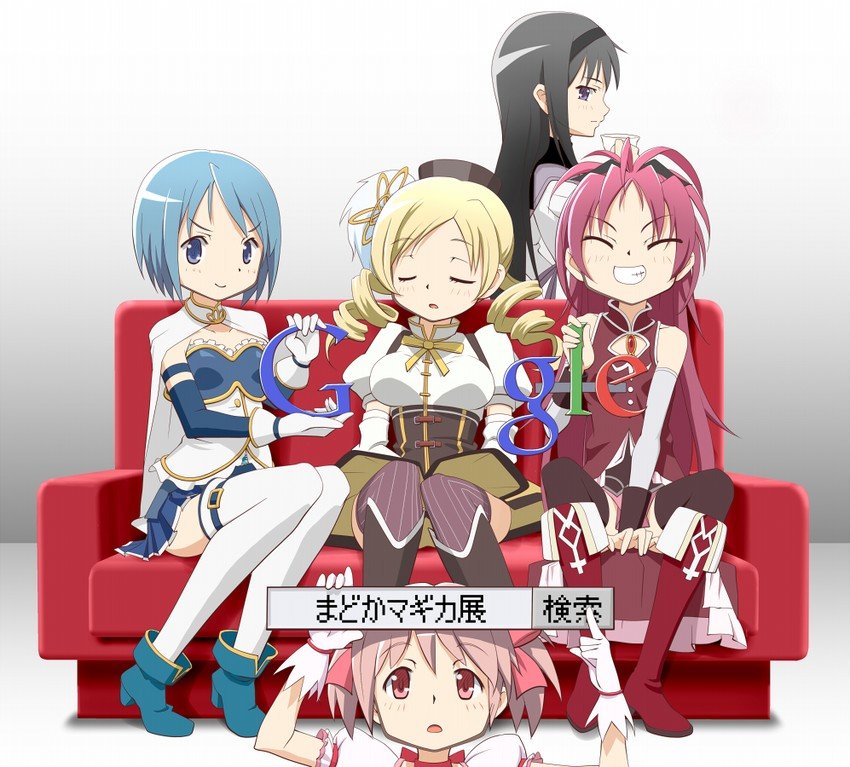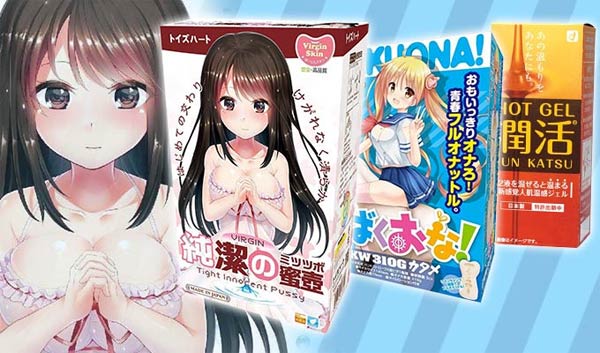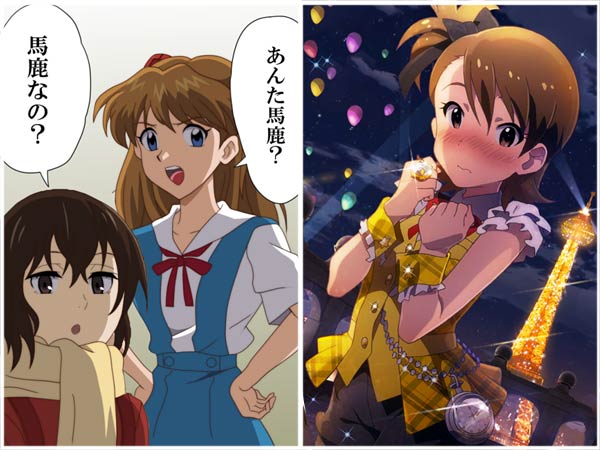Japan is a mysterious country which can be hard to figure out sometimes. One of my hobbies is to use Google’s search suggestion feature to see what questions others might have about Japan, and answer them here. So here are more random questions about Japan!
Why do Japanese use –san on the ends of names?
It’s just the most common name suffix used in Japanese, slightly formal-sounding. There are a whole bunch of them, like -chan (for cute persons younger than you, usually female), –kun (for males younger than you), or –sensei (for teachers or anyone in a high position of respect).
Why does Japan have an aging population?
All countries experience falling birthrates as they industrialize, and since 1960 Japan’s birthrate has gone from 4 per female to around 1.4. The aging is more pronounced in Japan due to their trademark longevity and lack of immigration inflows.
Why do Japanese yell “bonsai” [sic]?
It’s banzai (万歳), which literally means “10,000 years,” short for “May His Majesty the Emperor Live for 10,000 years” and is Japan’s version of “God Save the King.” A bonsai (盆栽), lit. “grown on a tray,” is a miniature tree, a totally unrelated word.
Why do Japanese wear face masks?
Japanese wear surgical masks for several reasons, including to keep out germs and pollen but also as polite way to indicate to others to keep their distance to avoid catching a cold. Aflac founder John Amos visited the Osaka Expo in 1970 and, seeing these masks and how health-conscious the Japanese were, decided to enter the Japanese insurance market, one of the smarted business decisions of the 20th century.
Why do Japanese type “www” on the Internet?
It’s Japanese netspeak for laughter, since warau is Japanese for “to laugh” and Japanese net users are too lazy to type that out.
Why do Japanese throw salt?
Salt is considered a purifying agent, and sumo wrestlers throw salt in front of them to purify the dohyo mound before they wrestle. When you come home from a Japanese funeral, you have to sprinkle salt all over your body before entering your house to keep evil spirits from following you inside.
Why do Japanese make the “peace” sign in photos?
There are several theories, but the best is that this popular 1972 ad for Konica cameras got it started.
Why do Japanese drive on the left?
When Japan started modernizing in the 1870s, they got all their early transportation technology from “Britain-senpai,” which is why Japan, like the U.K., drives on the left today.
Why do Japanese imports have low mileage?
Except for rare trips up Mt. Akagi, I almost put no miles on my car here in Japan. You just don’t go anywhere far by car, and if I’m going to Tokyo I’d take a train instead. As a result of this phenomenon, you can get low-mileage engines and car parts from Japan cheap.
Why do Japanese coins have holes in them?
Ancient Chinese Secret, literally. These coins have been in use in China since 300 B.C. or so. The holes are so you can carry the coins on a string and (in our modern age) so blind people can tell the coins apart more easily.
Where do anime nosebleeds come from?
It’s just a joke, a meme that’s been around for decades. It got its start in a Shonen Jump manga called Yasuji’s Life Lessons for Messed Up Kids, published in 1970.
Why does Japanese sound like Spanish?
No idea, but the vowels used in Japanese are exactly the same as Spanish (and Portuguese, and Italian), making it possible for language learners from these groups to speak Japanese with very little accent.
Why do Japanese love cats?
Everyone loves cats, but part of it is the way the “lens of the Internet” warps the way we perceive Japan. We’re far more likely to encounter pictures of Japanese and their cats than, say, Japanese discussing local politics or art history. This is the same effect that makes the world view Japanese people as more “perverted” than they really are.
Why do Japanese not like foreigners?
I was surprised to see this search result, because the Japan I see is extremely happy to welcome foreigners, especially with the big tourism boom that’s going on right now. While Japanese are only human, and might be turned off by a busload of rowdy Mainland Chinese refusing to wait in line to make purchases in a shop, they’re always polite and professional. The only time I’ve gotten any negativity in Japan was when a drunk yakuza took issue with me being in a sauna…but since he couldn’t do it in English, he sat down sheepishly and was quiet.
Why do Japanese grow square watermelons?
Because if they don’t, who will?


















